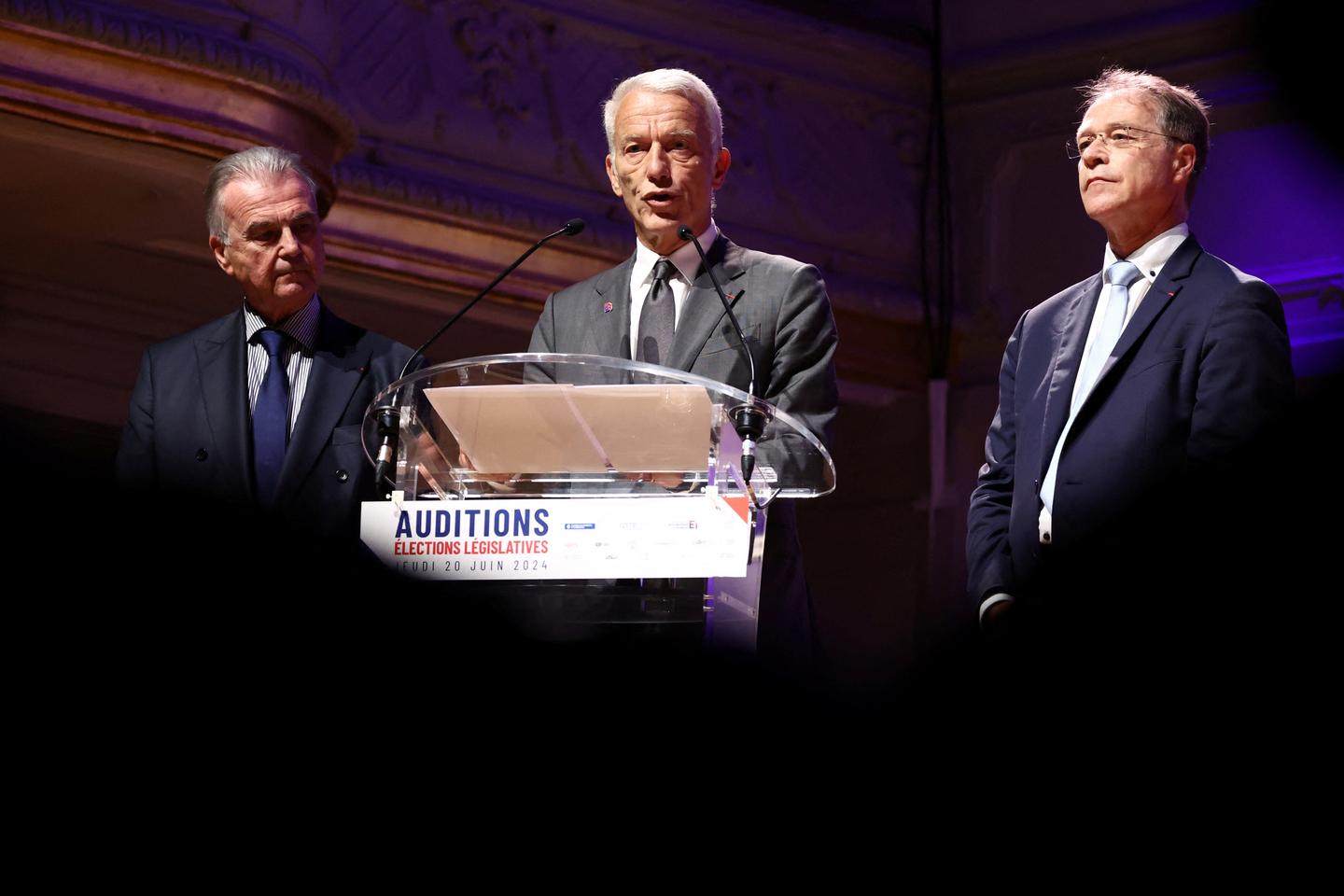


Employers are concerned about two things following France's snap parliamentary elections: a lasting climate of uncertainty and a shift to the left. While the Nouveau Front Populaire (NFP) left-wing alliance came out on top (with 182 seats), without a majority of seats in the Assemblée Nationale, employers' organizations have been repeating their warnings about the promises, crazy in their eyes, made by the alliance. A number of leading figures representing business leaders have called for the swift formation of a large coalition with an economic program that will maintain the course of a supply-side policy.
This desire for continuity was vividly expressed in the press release issued on Monday, July 8 by MEDEF, France's main employers' organization. The union would like to see the action taken over the last nine years to support growth and employment continue, and even expand. This grievance is far from insignificant, as it reflects positively on the measures taken by President Emmanuel Macron, elected in 2017, and also by his predecessor, François Hollande (2012-2017).
More cryptically, the MEDEF has urged the current French president "to choose the country over partisan interests." An internal source explained that this was a call for the collaboration of social liberals and social democrats, so that these political forces, deemed reasonable and far removed from extremes, could govern together. At the same time, the leading employers' movement reaffirmed its hostility to the measures put forward by the NFP: "Increased taxation on individuals and companies alike, a brutal revaluation of the minimum wage and automatic indexation of wages to inflation, a renunciation of pension or labor market reform, and a freeze on prices would inevitably have recessionary effects, plunging France into a deep and lasting economic crisis," it stated in Monday's press release.
'False promises'
The Union des Entreprises de Proximité (Local Businesses Union), which supports shopkeepers, craftsmen and the liberal professions, has a similar view. Its president, Michel Picon, hoped that "a majority of projects" would emerge, ranging from certain fringes of the Parti Socialiste to the Republican Right. "The results of the legislative elections showed that people want to get away from the divisions," he said. "We're calling on the political class to change course, by governing as in other countries, on the basis of a search for agreements."
Picon added that trade unions and employers could serve as a source of inspiration, as they were well-versed in compromise at the national level, in professional branches and within companies. In his mind, the emphasis on consensus also aims to avoid the implementation of "extreme programs." For example, he warned that raising the minimum wage to 1,600 euros net per month (compared with almost 1,400 euros today for a full-time worker) would lead to "economic and therefore social ruin."
You have 25.07% of this article left to read. The rest is for subscribers only.
